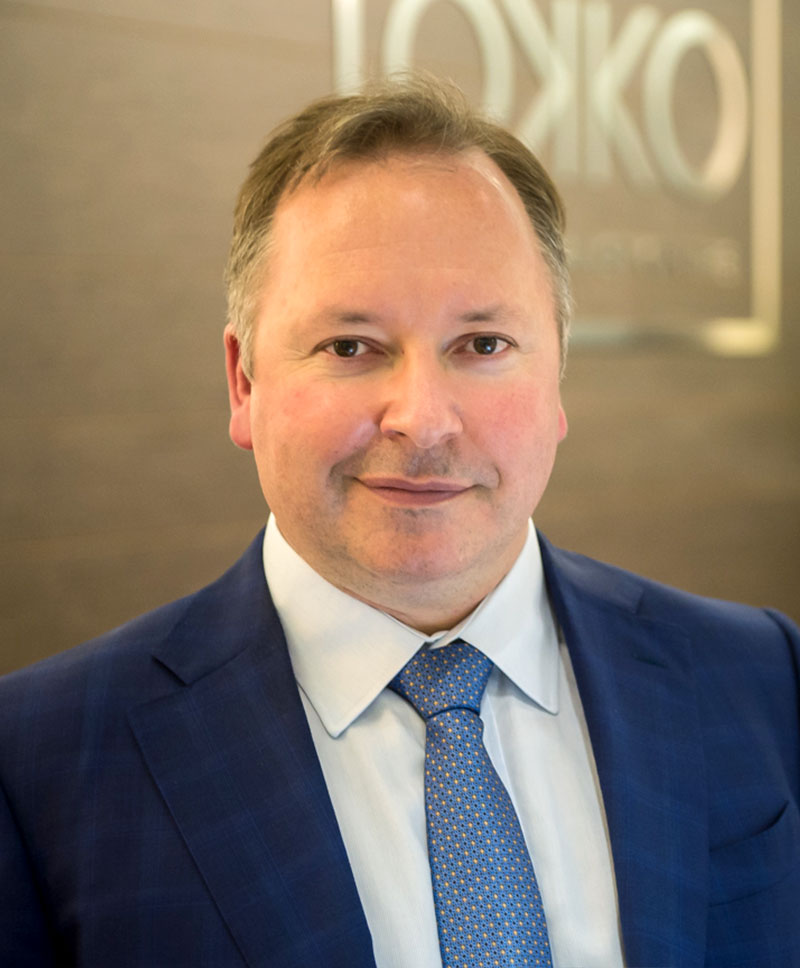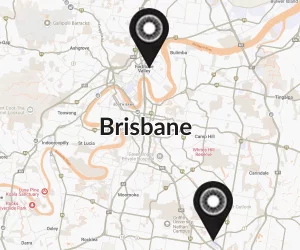
How long do halos last after ICL surgery?
Implantable contact lens, or ICL surgery, is a popular option for people looking to improve their vision without the need for glasses or contact lenses. Despite the surgery’s success, patients may experience a few complications, including halos. These visual disturbances can cause patients to wonder when they will go away. So, how long do halos last after ICL surgery? Let’s dive in.
What are halos?
Halos are a visual phenomenon that causes a series of bright circles or rings to surround a light source. Although they differ in size and shape, they can be a distraction, especially when driving or working in low light conditions. Halos occur more frequently when the pupil is dilated, which is why some patients experience them after their ICL surgery.
Why do halos occur after ICL surgery?
The ICL lens is placed between the iris and the natural lens in your eye, which alters how your eye perceives light. This change can create an expanded depth of focus which increases clarity and resolution but can sometimes cause halos. The reason it differs from person to person is because vision continues to adapt after the surgery until reaching stability, meaning you should expect to experience them to some degree for a variable amount of time.
How long do halos last after ICL surgery?
The duration of halos after ICL surgery may vary depending on several factors. Typically, patients report seeing halos for several weeks after their surgery, with the frequency of halos decreasing as the weeks progress. The timeline will depend on how fast your eyes adapt to the new lens and your body’s healing process. Although it can last up to six months or longer, you will likely find that the halos will reduce over two weeks after your surgery.1https://www.hindawi.com/journals/joph/2019/7174913/
Can you do anything to alleviate halos?
The good news is that as your eyes adapt to the ICL lens, the halos should gradually subside. While you wait for improvement, you can use temporary measures to make it easier to cope with halos. It would help avoid driving in the dark, as the halos may obscure the vision of headlights, and possibly reading or watching television in low light conditions. Sunglasses may improve symptoms in the day, when under harsh external light, as well.
Who can have ICL surgery?
Although ICL is not for everyone, it is suitable if you have high prescriptions, thin corneas, or if you can not tolerate contact lenses. If you are considering ICL surgery, it is best to consult with an eye surgeon to determine if you are an ideal candidate. They’ll provide you with a full eye examination to evaluate whether ICL is right for you.
To find out more about ICL surgery, book a free assessment with us.

Hi, I’m Dr. Matthew Russell, a laser and cataract surgeon
HI I’M DR. MATTHEW RUSSELL A LASER EYE AND CATARACT SURGEON
With over 15 years of experience, I enjoy the privilege of helping patients of all ages reclaim clear vision or preserve it for as long as possible.
Vision correction and high-precision cataract surgery hinge on the expertise and skill set of the provider who also has access to the most precise tools for the job. Ophthalmic surgeons like me know how to make treatment safe, comfortable and positive for the patient. They know how to minimise the risk of complications and maximise successful outcomes.
I have a passion for helping my patients enjoy the clear, high-definition vision they need to live rich and active lives. Now, I have hand-picked a team of professionals that share my passion and commitment to exceptional care.
Dr. Matthew Russell
MBChB, FRANZCO





